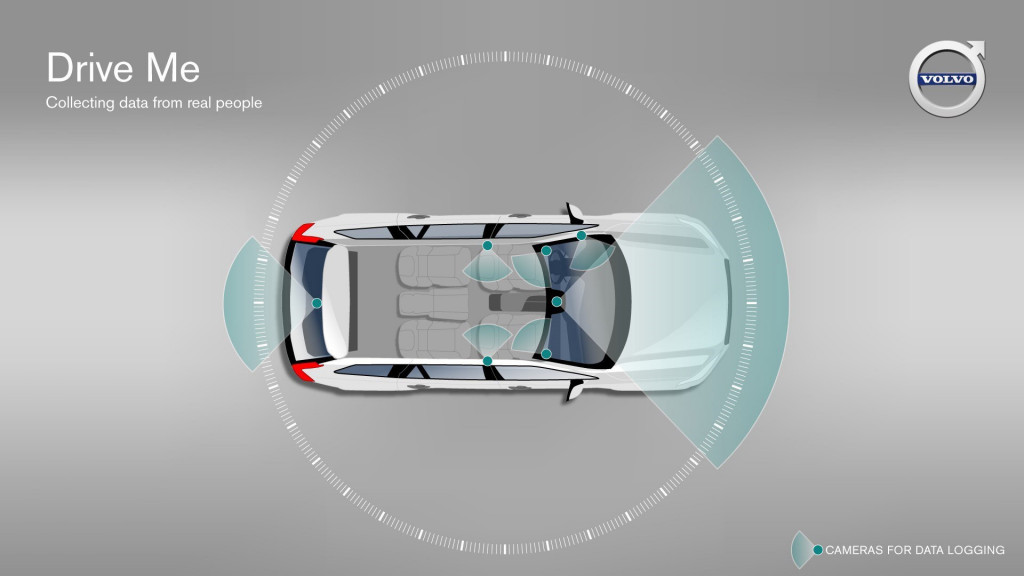Volvo has spent a good part of the past decade transforming itself into a luxury car brand on par with the German brands, a goal the automaker has well and truly achieved judging by its latest products.
The next phase for Volvo will be an even more radical transformation. As outlined by CEO Håkan Samuelsson on Thursday, Volvo is to become an electric car brand and mobility provider generating sustained profitability in line with other luxury car brands.
As early as the middle of the next decade, Volvo plans half its sales to be electric cars, and half its customers to use car subscriptions instead of traditional leases or outright purchases. Perhaps the most radical of Volvo's goals is a plan for a third of Volvo cars to be self-driving, also by the middle of the next decade.

Håkan Samuelsson
Volvo expects these initiatives to increase its customer base, with the automaker targeting over 5.0 million direct consumer relationships by the middle of the next decade. Self-driving cars in particular will offer the company far greater potential to develop connected and other services for customers, and thus new sources of recurring revenue.
“Our customers’ expectations are changing rapidly. This means that Volvo Cars is also changing rapidly,” Samuelsson said. “These initiatives will help transform Volvo from being purely a car company to being a direct consumer services provider.”
Volvo indicates that it plans to be one of the automakers supplying self-driving cars to ride-hailing companies, similar to the current arrangement between Fiat Chrysler Automobiles and Alphabet's Waymo, though we could also see Volvo jump into the game with its own fleet in certain markets.

Volvo Drive Me self-driving car project
Waymo plans to have the first commercial self-driving ride-hailing service up and running this year in Phoenix, Arizona. General Motors has indicated that it will have its own service in operation in 2019, though hasn't mentioned a location.
On the financial side, Volvo aims to generate sustainable profitability in line with other luxury car brands—we're talking billions of dollars annually—driven by increased sales and revenues, and a broader range of cars and services. Volvo's improved financial performance will also be driven increasingly in the future by synergies generated with fellow Zhejiang Geely Holding Group brands such as Polestar, Lynk & Co. and Lotus. Volvo in 2017 reported $1.76 billion in operating profits on sales of 571,577 cars.
Volvo's announcement comes days after Aston Martin CEO Andy Palmer sounded off a warning to mass-market car brands that they need to adapt to the changing automotive landscape or risk going extinct. He specifically outlined the threat of cars increasingly becoming commoditized, especially as electrification and self-driving technologies begin to proliferate. It's a belief also expressed by fellow industry bigwigs Bob Lutz and Sergio Marchionne.
